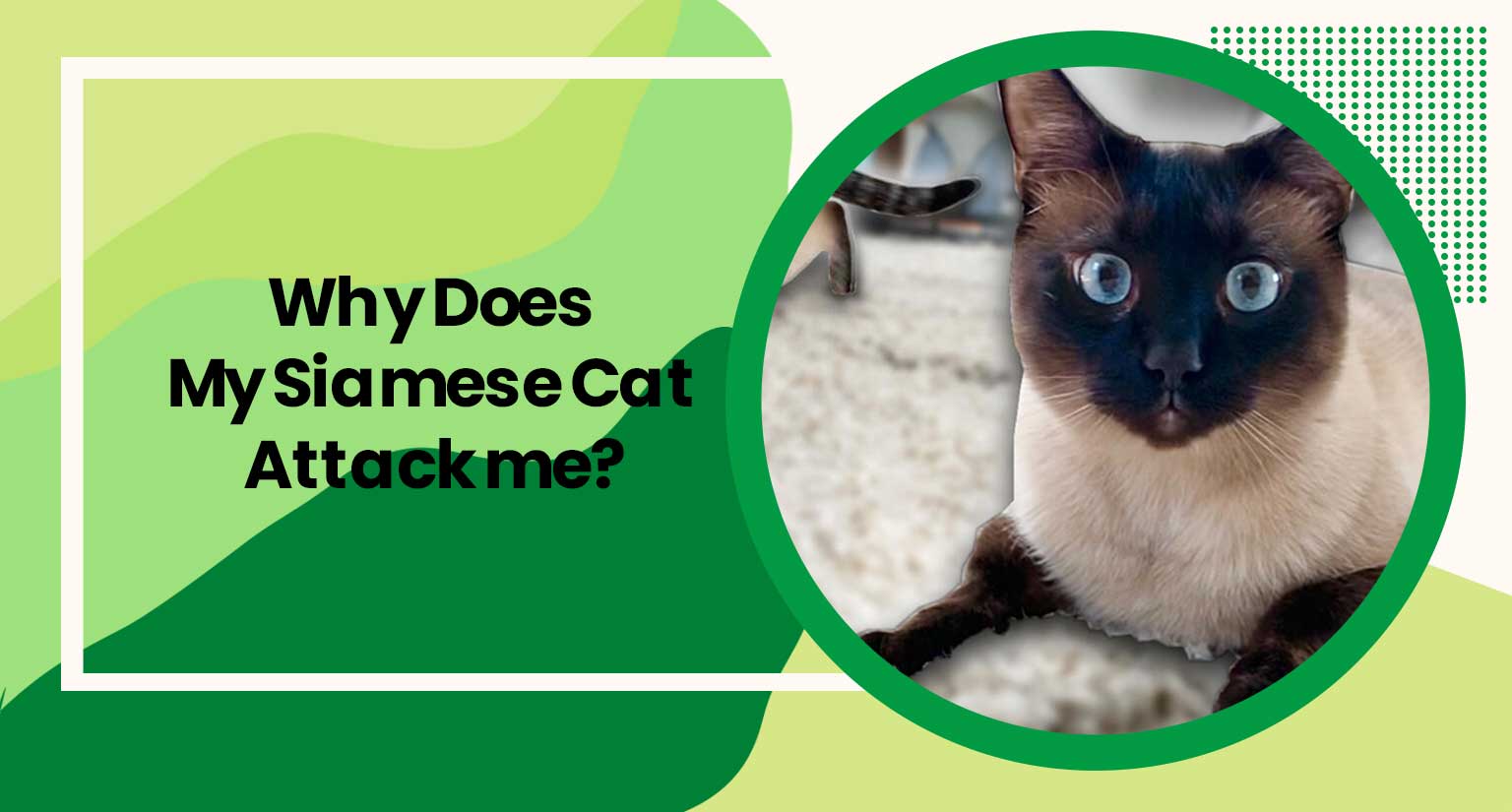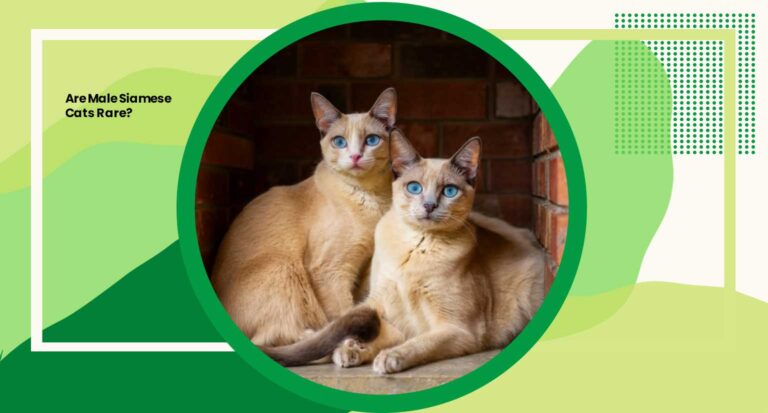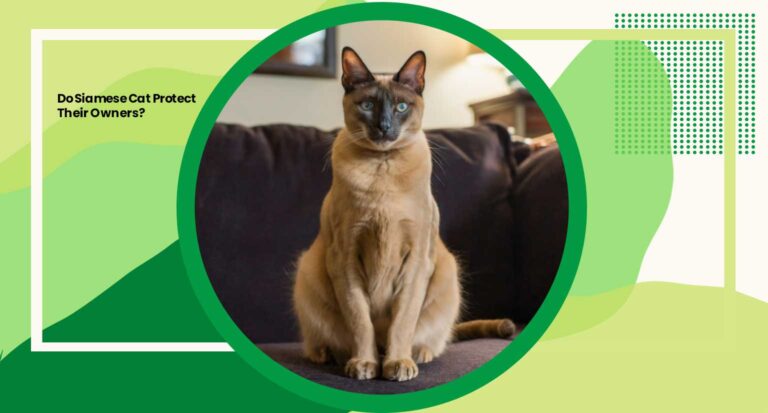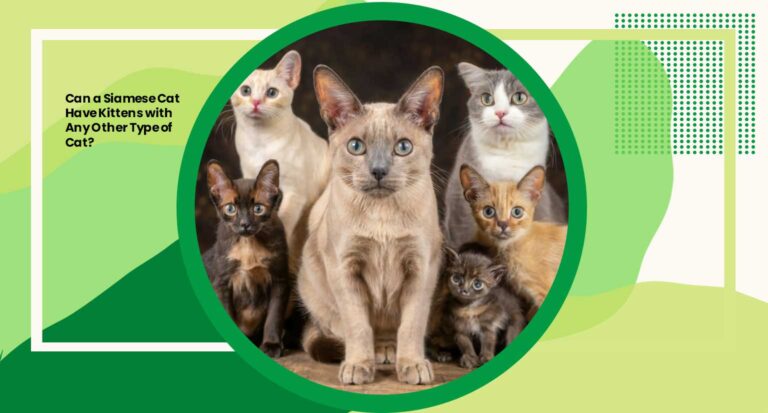Why Does My Siamese Cat Attack me?
If you’ve ever wondered, Why does my Siamese cat attack me? you’re not alone. Siamese cats are known for their distinctive personalities, and their behaviors can be intriguing and, at times, challenging.
In this comprehensive guide, we’ll delve into the world of Siamese cat behavior to help you gain a deeper understanding of why these feline companions sometimes exhibit aggressive tendencies.
Do Siamese Cats Require Your Attention?
Siamese cats are renowned for their strong desire for attention and companionship. Unlike some other breeds that may be more independent, Siamese cats thrive on human interaction.
Understanding this aspect of their nature is key to addressing the question, Why does my Siamese cat attack me?
Social Creatures
Siamese cats are incredibly social animals. They form deep attachments with their human companions and often become stressed or anxious when left alone for extended periods.
If your Siamese cat isn’t getting the attention and interaction they crave, they may resort to undesirable behaviors, such as attacking.
Communication
Siamese cats are highly vocal and communicative. They’ll “talk” to you, expressing their needs and desires. Ignoring their vocalizations can lead to frustration, which may escalate into aggressive behavior.
Play and Stimulation
Siamese cats are energetic and playful. They require mental and physical stimulation to stay content. If they don’t get enough playtime and engagement, they may become restless and take out their excess energy on you.
Affection
Siamese cats are affectionate and enjoy being petted and cuddled. If you’re not giving them the love and attention they need, they might resort to less desirable ways of getting your focus.
To prevent unwarranted attacks from your Siamese cat, it’s crucial to fulfill their social, communicative, and play needs.
Why Does My Siamese Cat Attack Me?
Understanding the root causes of aggression in Siamese cats is essential to addressing the issue and fostering a harmonious relationship. There can be several reasons why your Siamese cat may resort to aggressive behavior:
Territorial Instincts
Siamese cats can be territorial and may perceive certain areas of your home as their domain. If they feel their territory is being encroached upon or threatened, they may react defensively with aggression.
Fear or Anxiety
Siamese cats can be sensitive and easily stressed. Any change in their environment, routine, or the introduction of new people or animals can trigger anxiety and result in aggressive outbursts.
Overstimulation
Siamese cats are highly interactive and enjoy play, but they have a threshold. Playing too roughly or for too long can lead to overstimulation, causing them to act out aggressively.
Medical Issues
Sometimes, aggressive behavior may be a sign of an underlying health problem. It’s essential to rule out any medical conditions that might be causing discomfort or pain, leading to aggression.
Lack of Socialization
Siamese cats that haven’t been adequately socialized from a young age may have difficulty interacting with humans or other pets, resulting in aggression.
Unmet Needs
As mentioned earlier, Siamese cats require significant attention, mental stimulation, and play. If these needs go unmet, they may become frustrated and lash out.
Communication
Siamese cats are vocal and may use their vocalizations to communicate their needs. If you’re not responding to their cues, they may resort to aggression to get your attention.
Siamese Cats: Energetic Behavior
Siamese cats are often described as being more active or “crazy” compared to some other feline breeds. However, this behavior is usually a result of their distinct personality traits rather than any inherent craziness.
Here’s a breakdown of why Siamese cats might seem more energetic:
High Energy Levels
Siamese cats are known for their abundant energy. They enjoy playtime and physical activity, often engaging in lively behavior that can appear more intense or hyperactive than other breeds.
This energy is a part of their nature and requires an outlet to keep them content.
Intelligent Nature
These cats are exceptionally intelligent. Their cleverness means they can easily become bored if not mentally stimulated.
When a Siamese cat lacks mental stimulation or interactive toys, they might find their own ways to entertain themselves, which could come across as eccentric or overly active behavior.
Social and Affectionate Traits
Siamese cats are highly social and deeply attached to their human companions. They crave interaction and attention and might exhibit more vocal and demanding behavior to engage with their owners.
Their need for companionship can sometimes be perceived as “crazy” due to their persistent attempts to communicate and interact.
Vocal Communication
Siamese cats are famously vocal. They use their voices to communicate with their owners, often meowing to express their needs, desires, or simply to seek attention.
Their chattiness might be mistaken for hyperactivity or excessive behavior when, in reality, it’s their way of engaging with their human family.
Breed-Specific Traits
While each cat is unique, certain breeds exhibit specific characteristics. Siamese cats are known for their extroverted and outgoing personalities. Their inclination towards being active, playful, and seeking interaction might make them stand out more in terms of behavior compared to other breeds.
Meeting Their Needs
To channel their energy and prevent destructive behavior, Siamese cats require plenty of stimulation. Providing interactive toys, engaging in regular play sessions, and creating an environment that encourages mental and physical exercise can help satisfy their energetic nature.
Ensuring they have companionship and attention can also help mitigate what might seem like “crazy” behavior, allowing them to thrive in a loving and stimulating environment.
Reasons Behind Siamese Cat Aggression
Understanding why your Siamese cat might resort to aggressive behavior is vital to finding effective solutions. Let’s explore some common reasons for this behavior:
Territorial Instincts
Siamese cats can be fiercely territorial. They may perceive their living space as their domain and react aggressively to perceived intruders or threats, including other pets or even you.
Fear and Anxiety
Siamese cats are known for their sensitivity. Changes in their environment, the introduction of new people or animals, or disruptions to their routine can trigger anxiety, leading to aggressive reactions.
Overstimulation
Siamese cats are highly interactive and playful, but they have limits. Playing too roughly or for too long can push them to their breaking point, resulting in aggressive behavior.
Health Issues
Sometimes, aggression can be a sign of an underlying medical problem. Pain or discomfort may cause your Siamese cat to act out aggressively. It’s essential to consult with a veterinarian to rule out any health issues.
Lack of Socialization
Siamese cats that haven’t been adequately socialized during their early development may have difficulty interacting with humans or other pets, leading to aggressive tendencies.
Understanding these underlying reasons for your Siamese cat’s aggression is the first step toward resolving the issue and creating a harmonious living environment for both you and your feline friend.
How to Discipline a Siamese Cat?
Disciplining a Siamese cat requires a delicate approach that balances correction with positive reinforcement. Harsh methods can be counterproductive and damage your bond with your feline companion. Here are some effective ways to discipline your Siamese cat:
Positive Reinforcement
Reward good behavior with treats, praise, and affection. Siamese cats respond well to positive reinforcement, and they’ll be more likely to repeat behaviors that result in rewards.
Ignore Undesirable Behavior
Sometimes, the best response to unwanted behavior is no response at all. If your Siamese cat is seeking attention through aggression, ignoring the behavior can communicate that it won’t lead to the desired outcome.
Use Distractions
If your Siamese cat is becoming too aggressive during play, offer an alternative toy or engage them in a different activity. This redirects their energy and can prevent further aggression.
Establish a Consistent Routine
Siamese cats thrive on routine and predictability. Establishing a consistent daily schedule for feeding, playtime, and rest can help reduce anxiety and aggression.
Provide Safe Spaces
Create safe retreats where your Siamese cat can escape if they feel stressed or overstimulated. These spaces give them a chance to calm down on their own.
Avoid Punishment
Avoid physical punishment or yelling. Siamese cats are sensitive and may become more anxious or aggressive in response to harsh discipline.
Patience and consistency are key when disciplining a Siamese cat. It’s essential to create an environment that encourages positive behavior while addressing the underlying causes of aggression.
By doing so, you can build a stronger bond with your Siamese cat and minimize the likelihood of further attacks.
Causes Behind Attacks
Siamese cat behavior, focusing on the often perplexing question: “Why does my Siamese cat attack me?” Understanding the causes of aggression in Siamese cats is the first step toward building a more harmonious relationship with these charismatic feline companions.
Siamese cats, with their distinct personalities, social nature, and high levels of intelligence, can sometimes resort to aggression due to various factors such as territorial instincts, fear, overstimulation, health issues, and unmet needs.
Disciplining a Siamese cat requires a gentle and positive approach, emphasizing positive reinforcement, distraction, and the establishment of a consistent routine.
Frequently asked question
Q1. Can Siamese cats be aggressive?
Yes, Siamese cats can display aggressive behavior. However, it’s essential to understand the underlying causes of their aggression, which can include territorial instincts, fear, anxiety, or overstimulation.
Q2. Why is my Siamese cat suddenly aggressive?
Sudden aggression in Siamese cats can be triggered by changes in their environment, health issues, or unmet needs. It’s crucial to identify the specific cause to address the aggression effectively.
Q3. How can I discipline my Siamese cat without harming our bond?
Disciplining a Siamese cat should involve positive reinforcement, ignoring undesirable behavior, and using distractions. Avoid harsh punishments, as they can damage your relationship with your cat.
Q4. Can Siamese cats be trained not to attack?
Siamese cats can be trained to reduce aggressive behavior through consistent positive reinforcement, socialization, and meeting their play and attention needs.
Q5. Are Siamese cats more prone to aggression than other breeds?
Siamese cats are not inherently more aggressive, but they are known for their strong personalities and communication skills.
Their sensitivity and need for attention and stimulation can make them more prone to certain types of aggressive behavior.
Q6. When should I seek professional help for my Siamese cat’s aggression?
If your Siamese cat’s aggression persists, escalates, or is causing harm to you, other pets, or itself, it’s advisable to consult with a veterinarian or professional animal behaviorist for expert guidance.
Q7. How can I create a more harmonious environment for my Siamese cat?
To create a harmonious environment, meet your Siamese cat’s social, play, and attention needs, maintain a consistent routine, and provide safe spaces for your cat to retreat to when feeling stressed.
If you have more questions or need further information about Siamese cat behavior and aggression, feel free to reach out to a professional who can provide personalized guidance for your specific situation.







